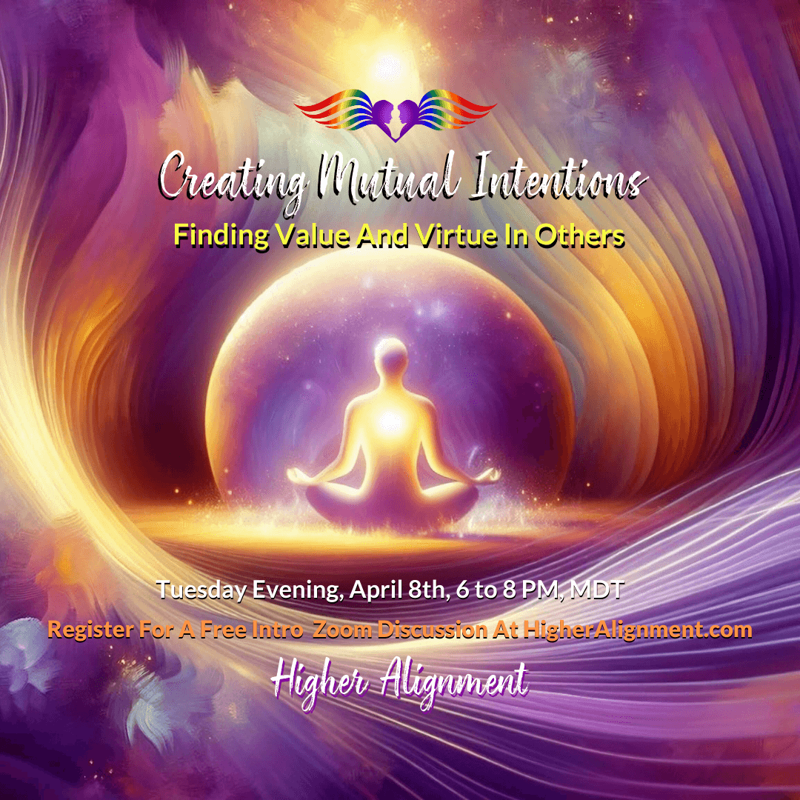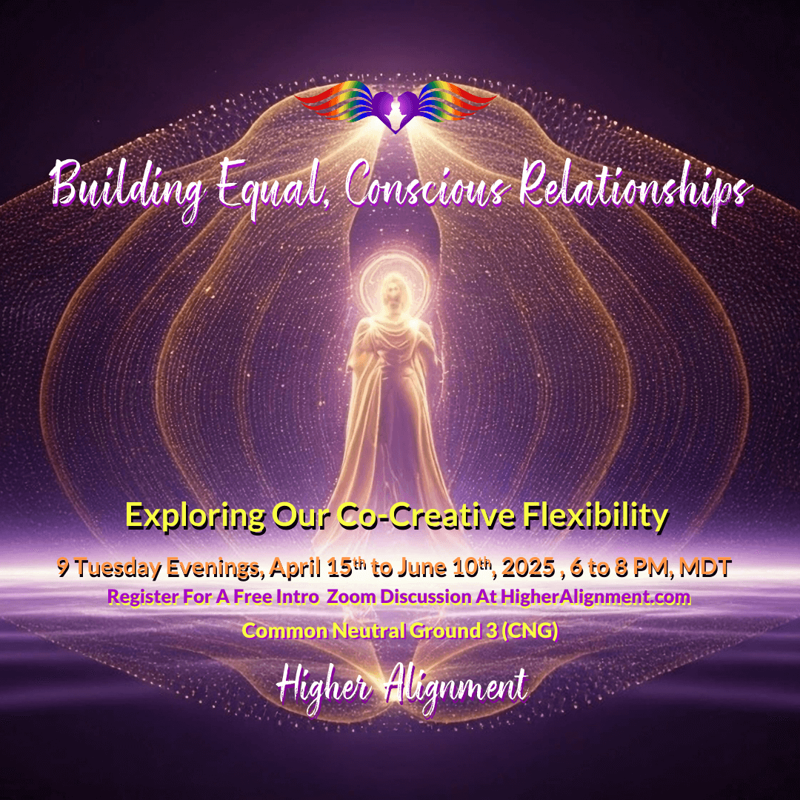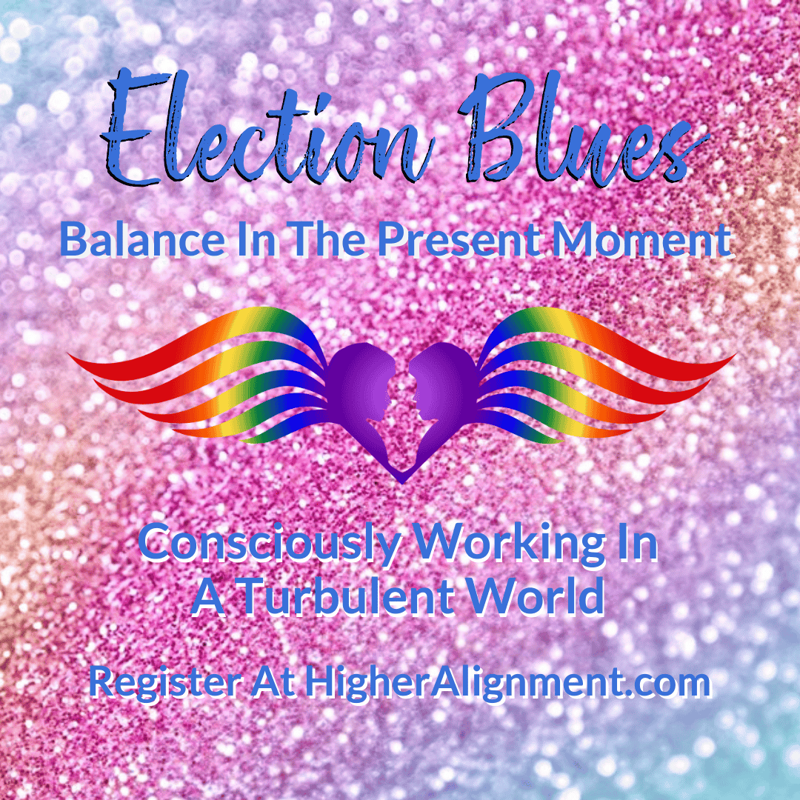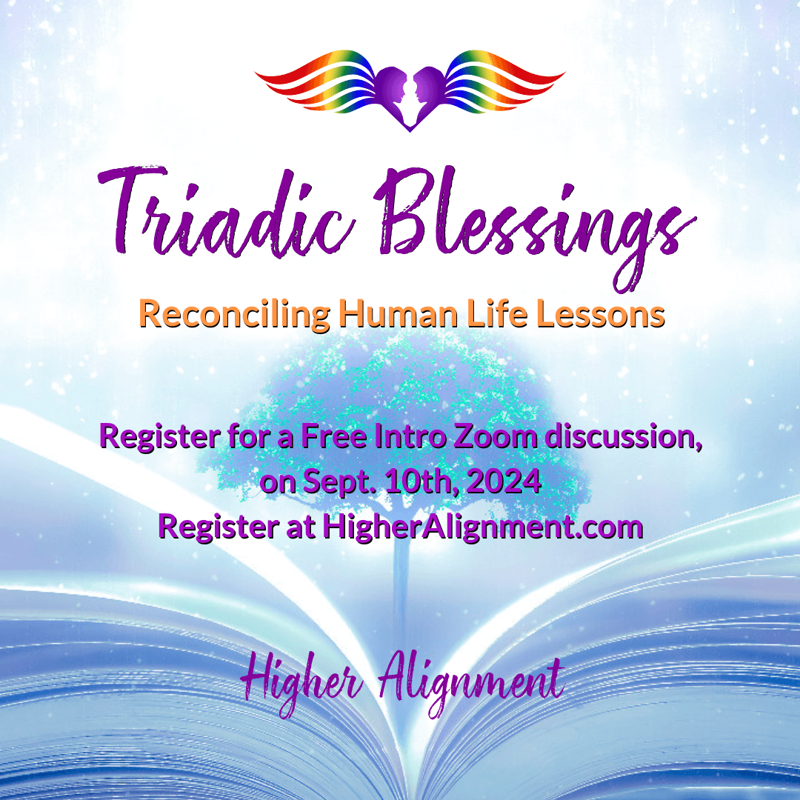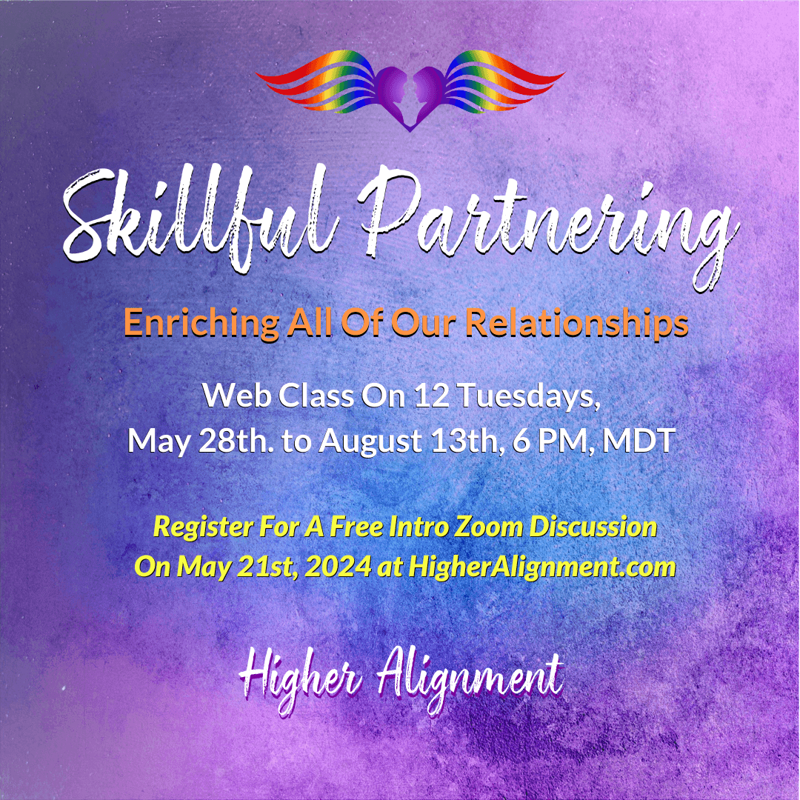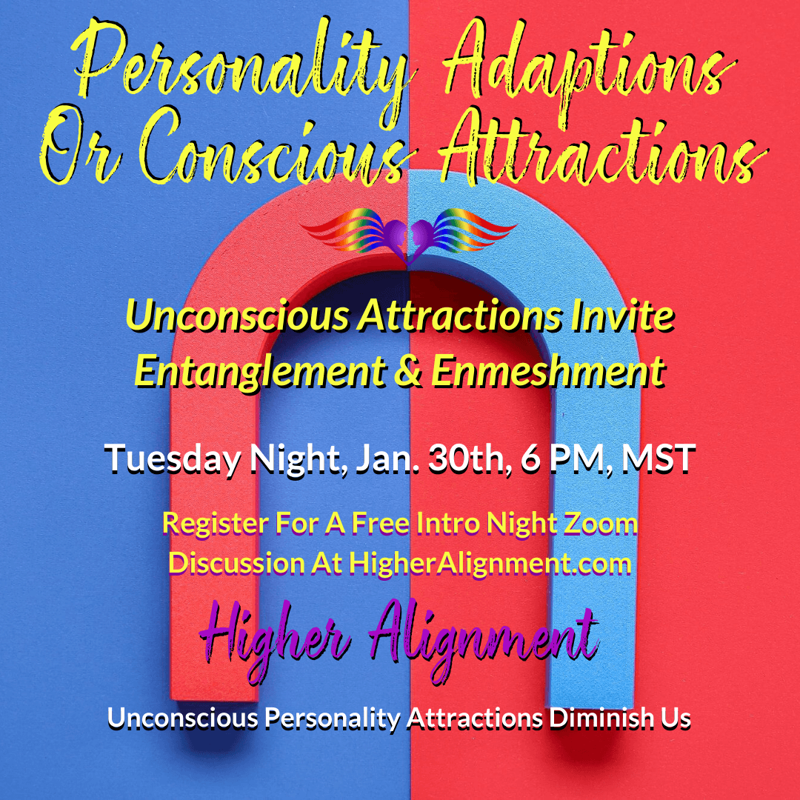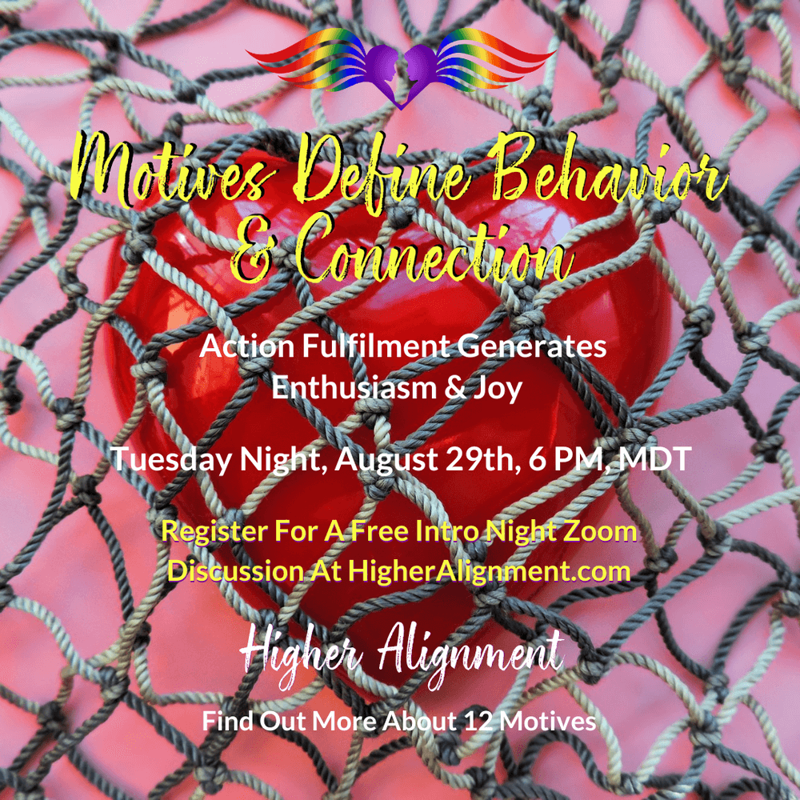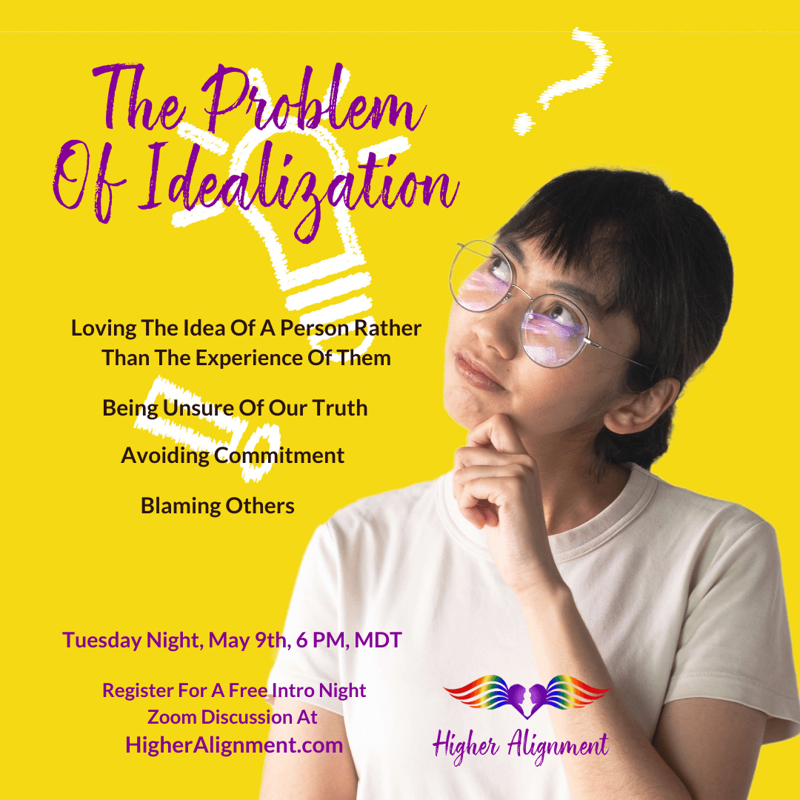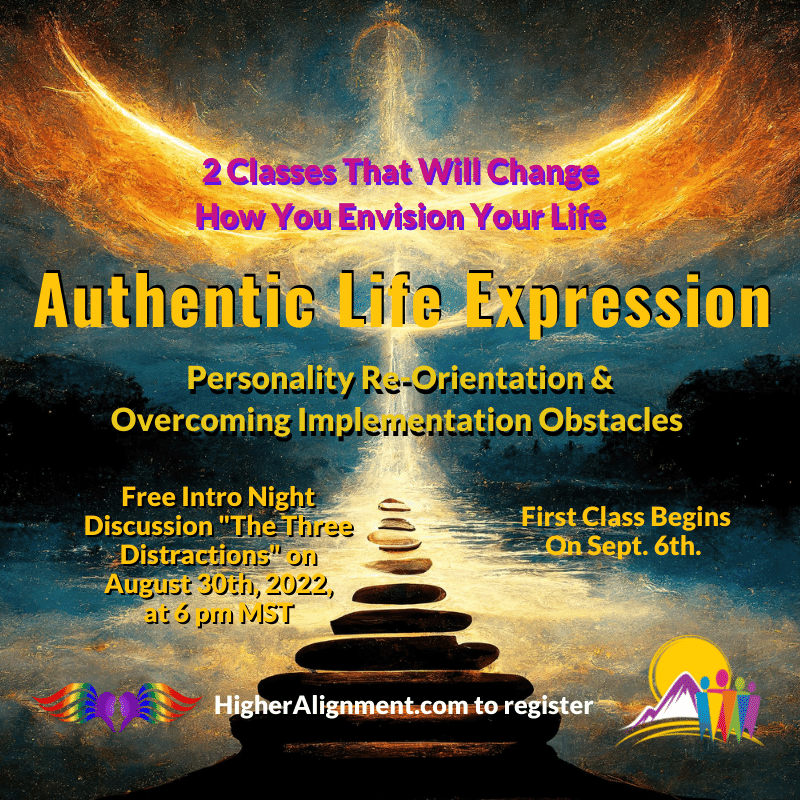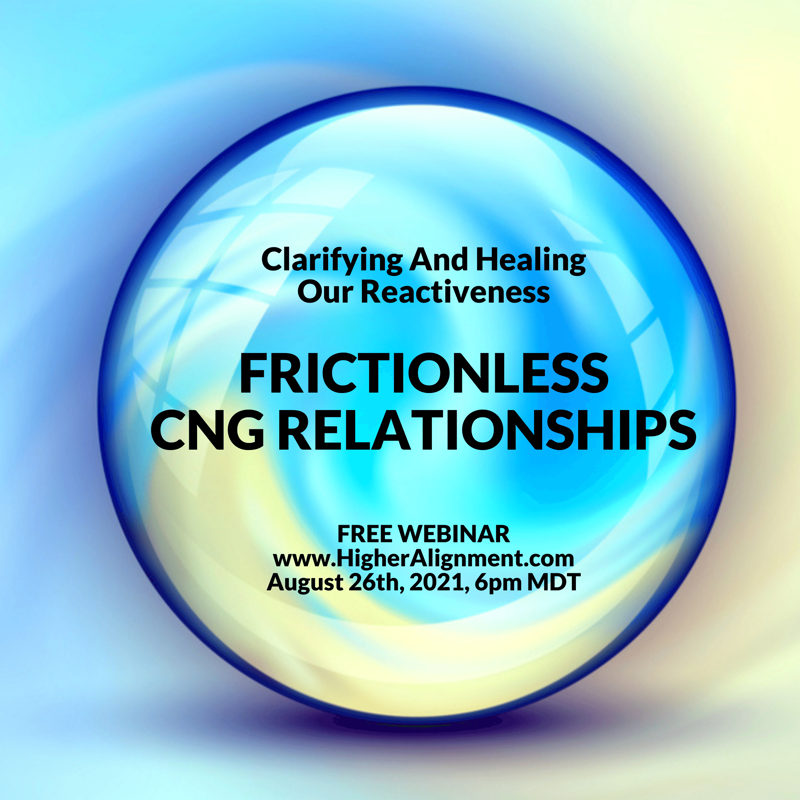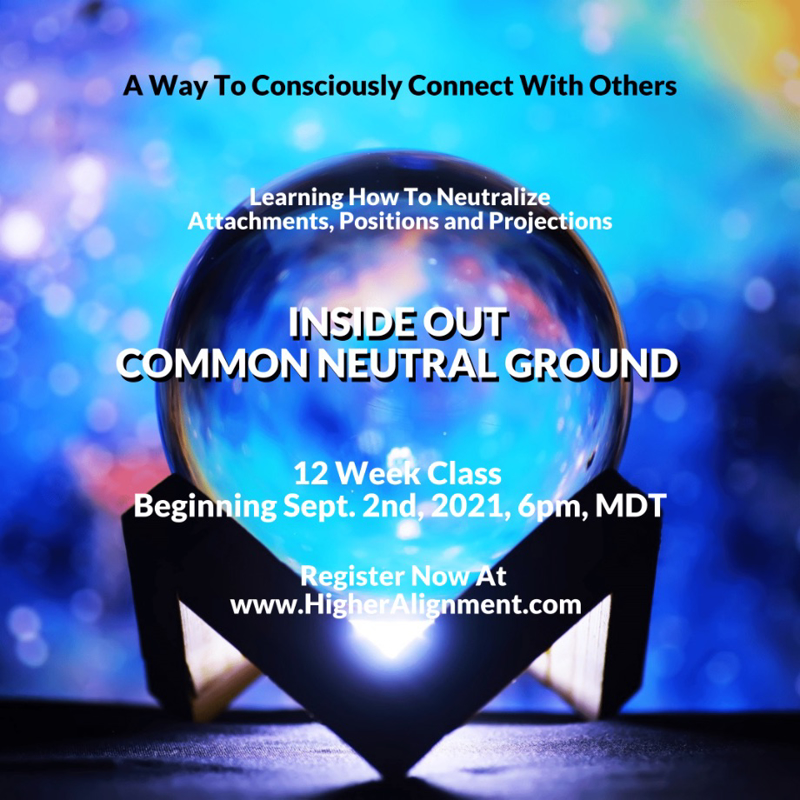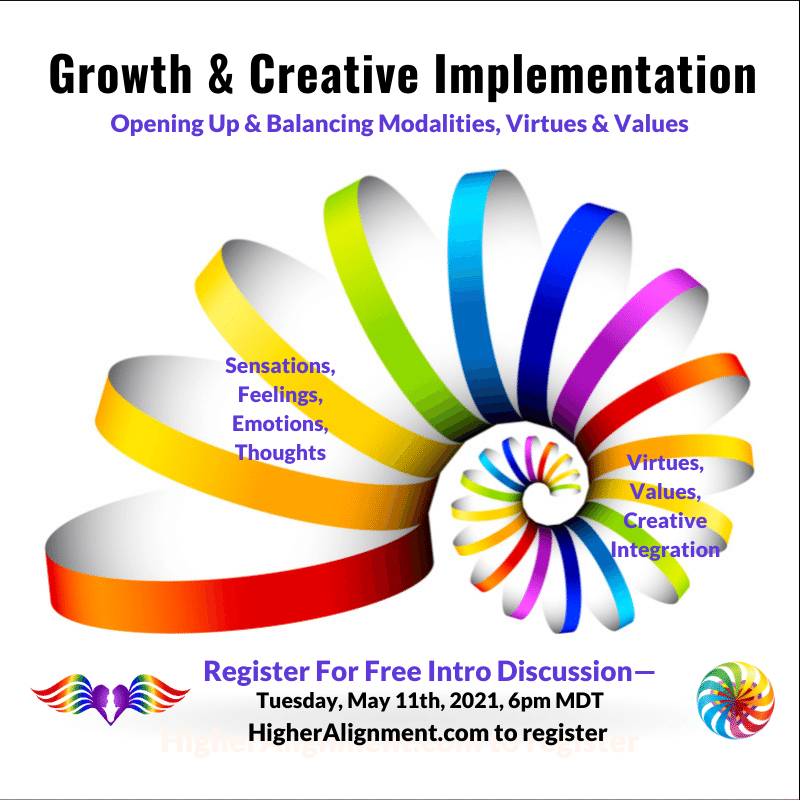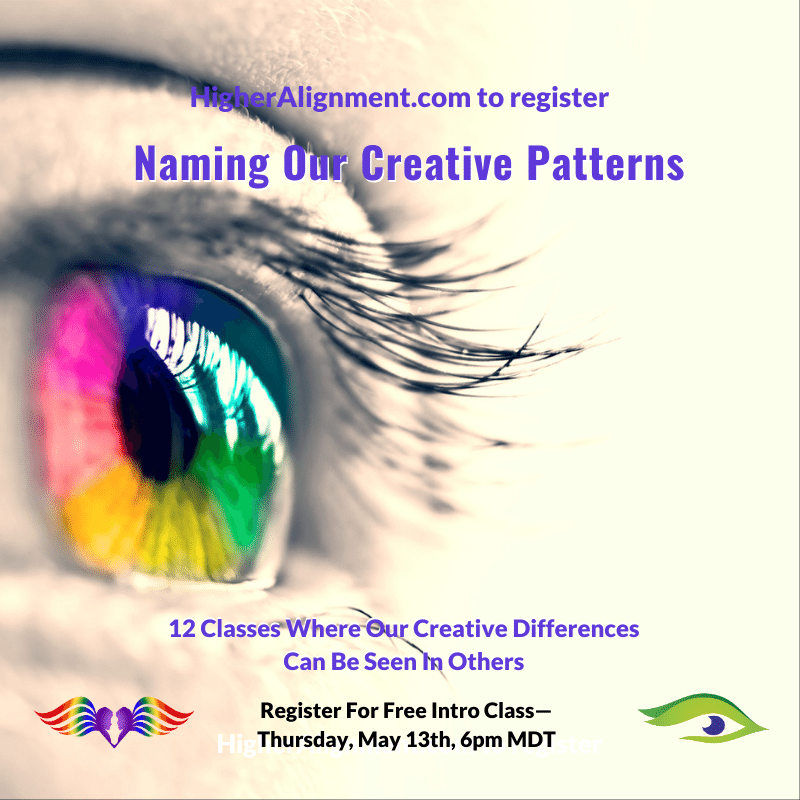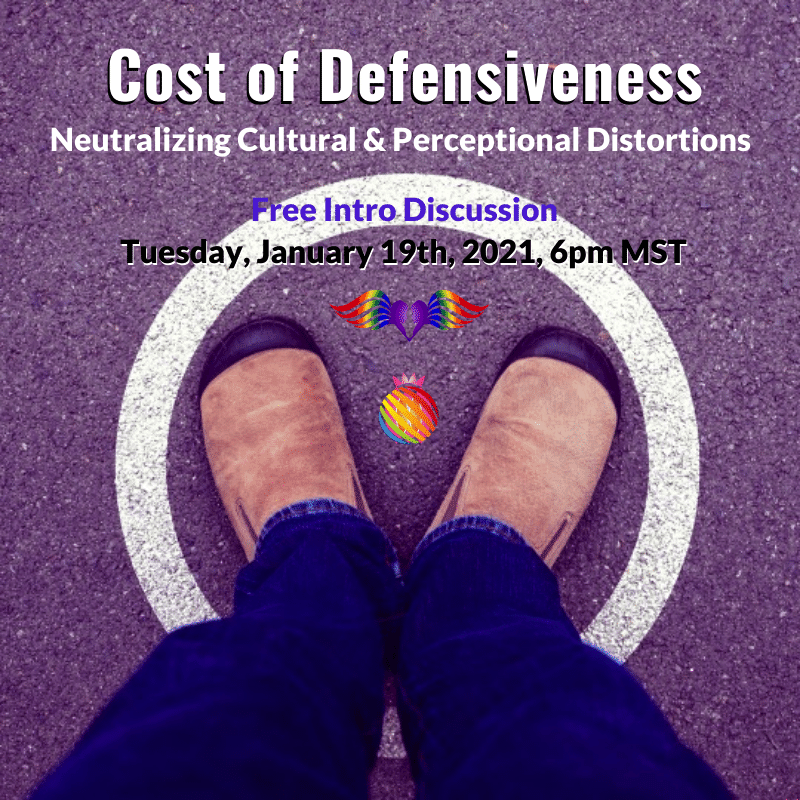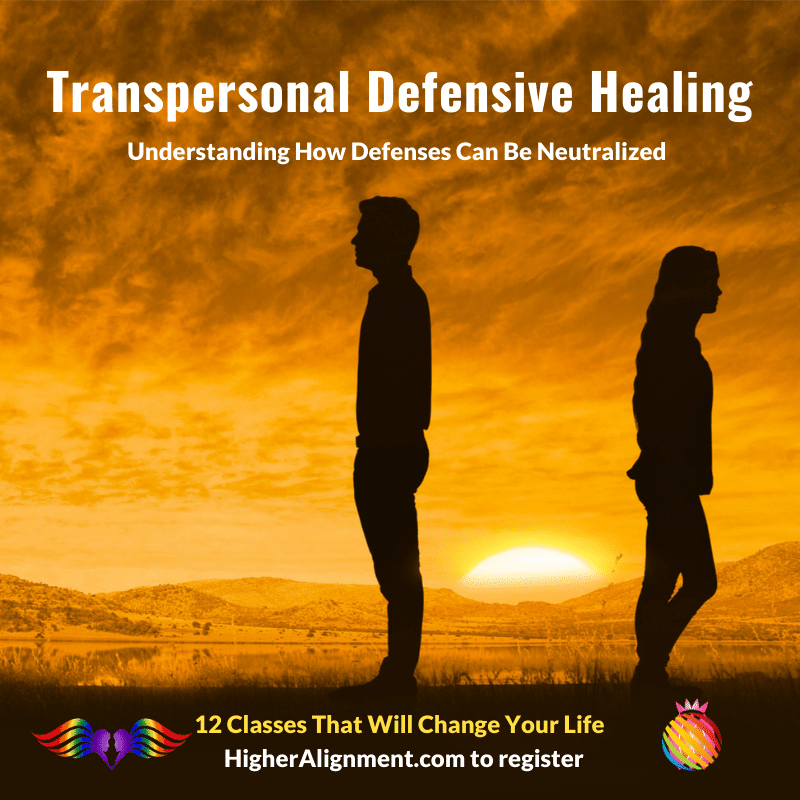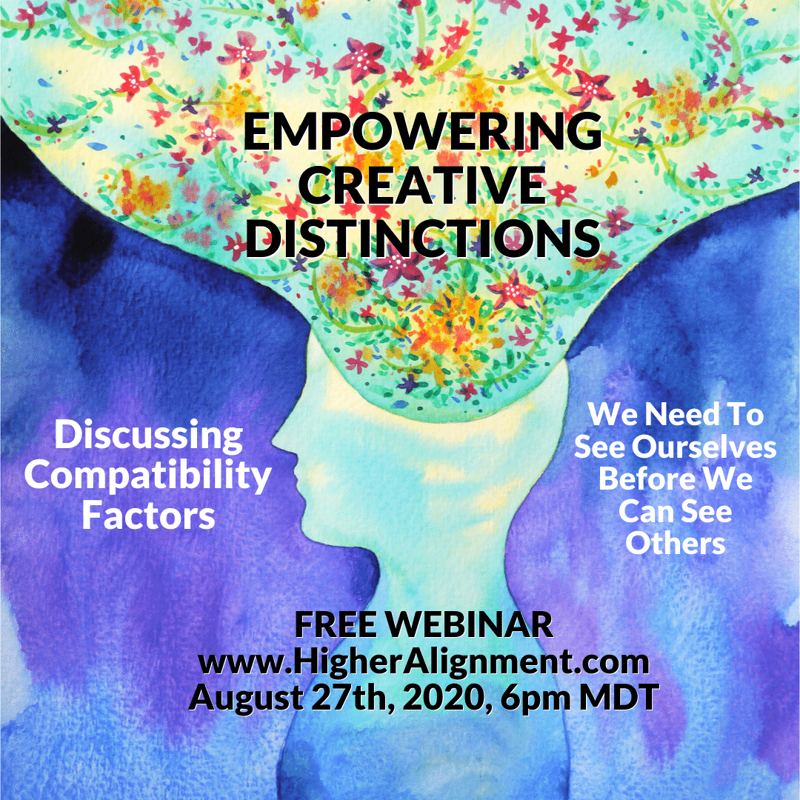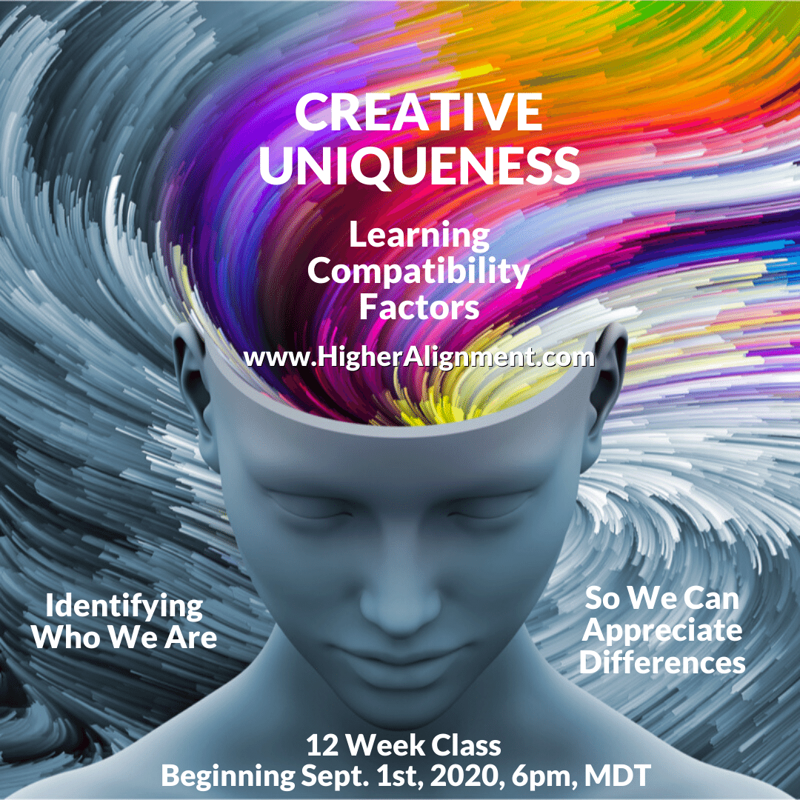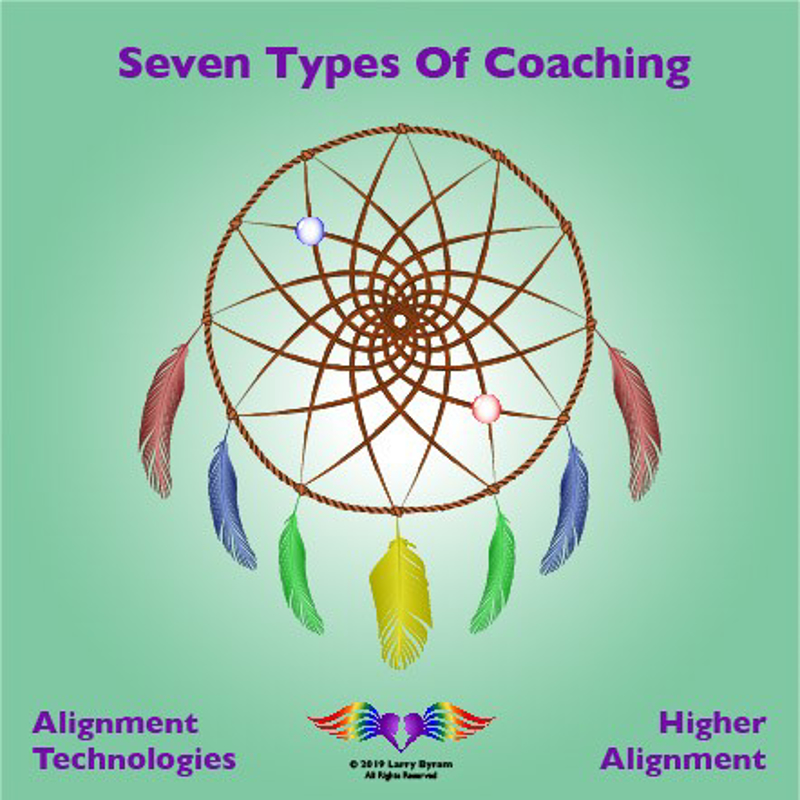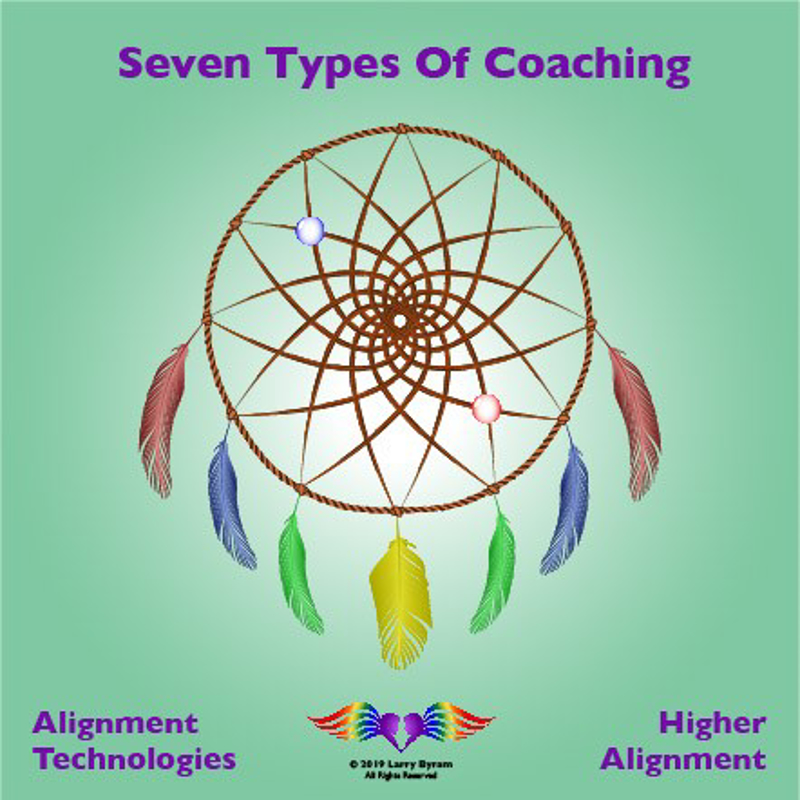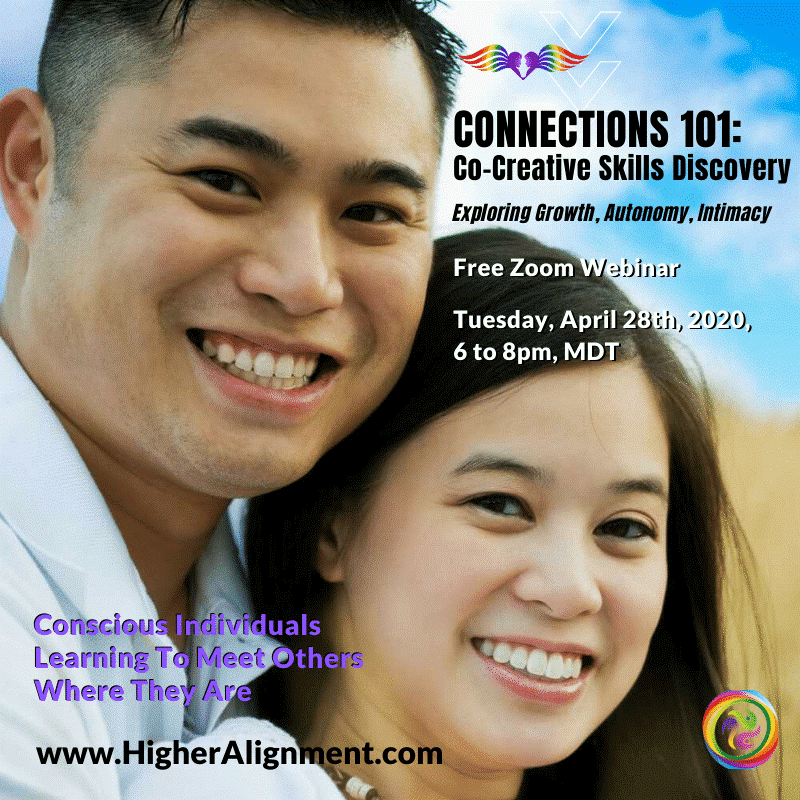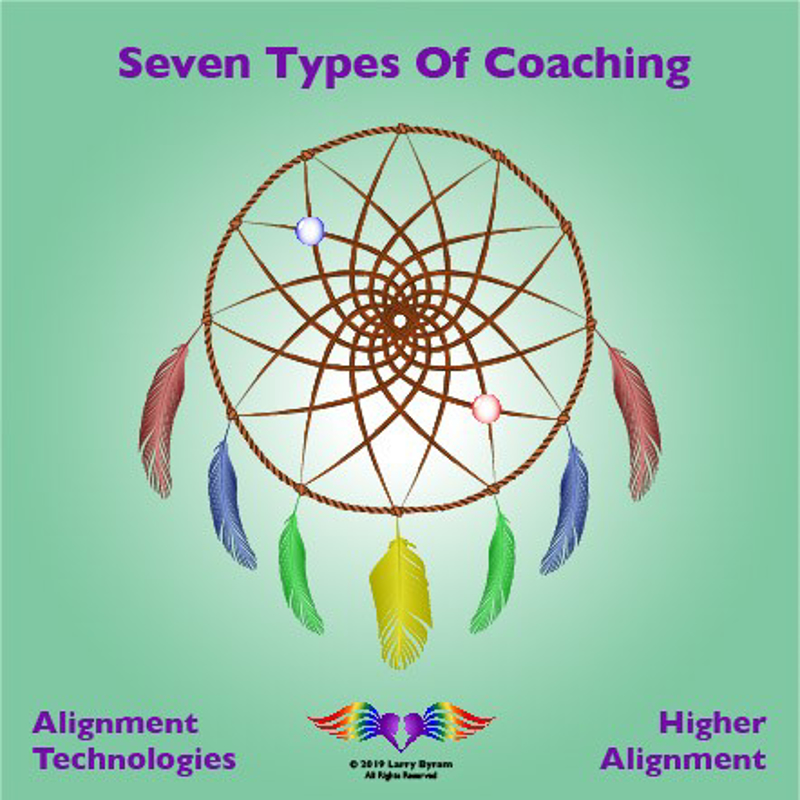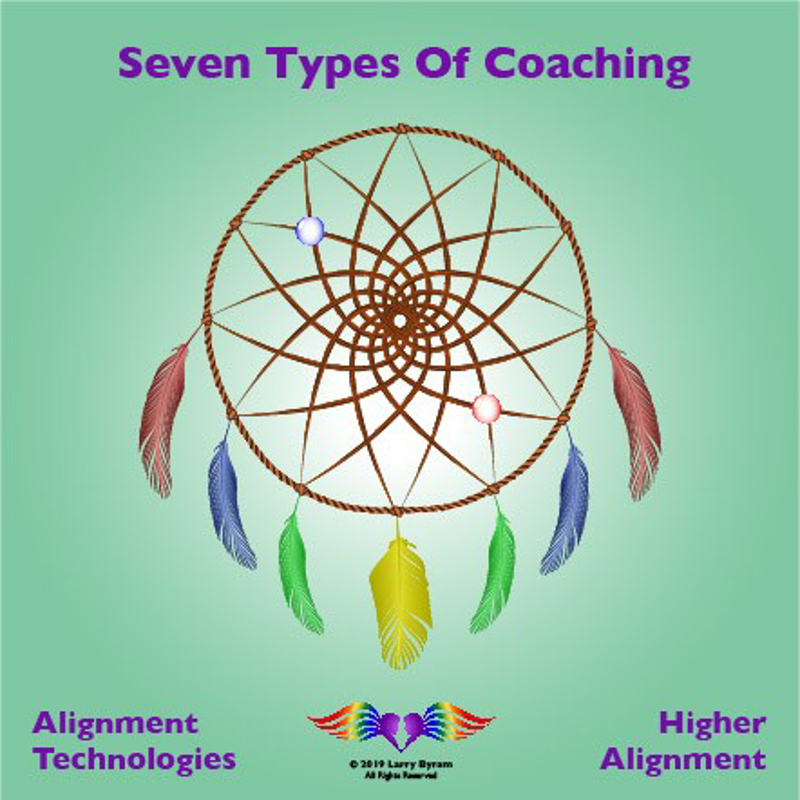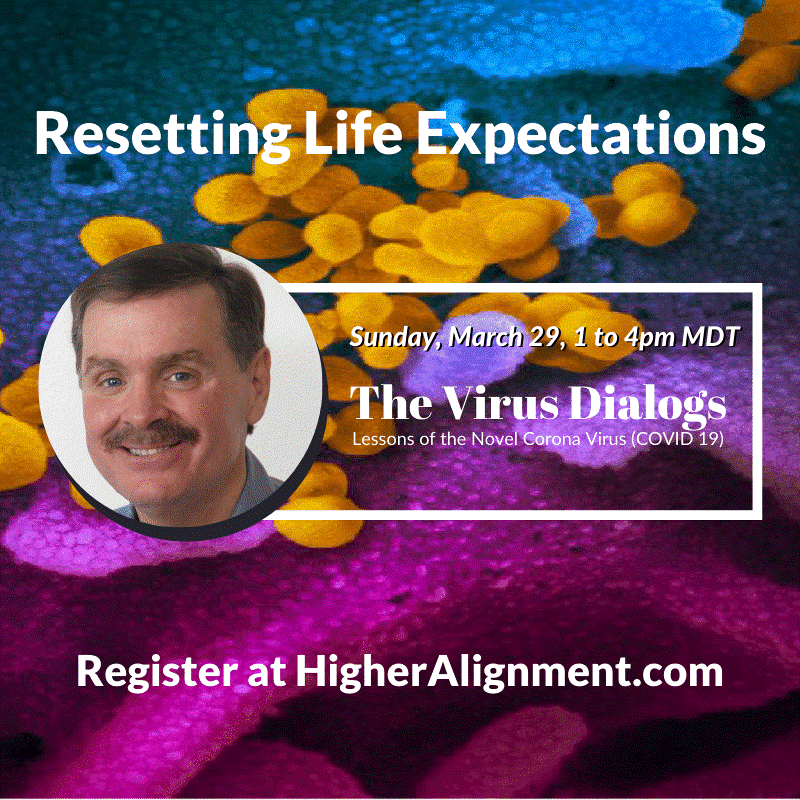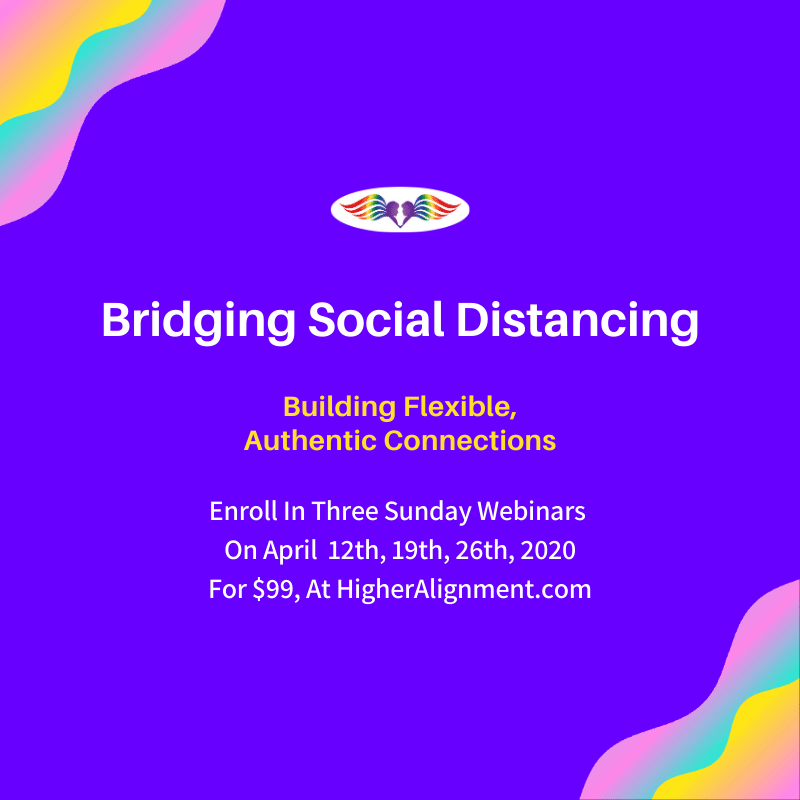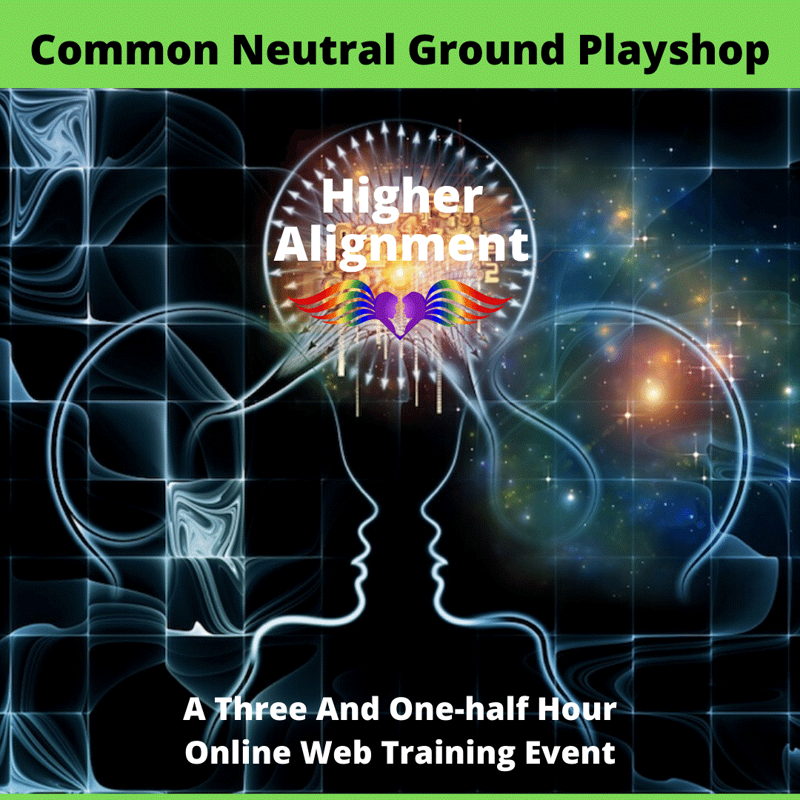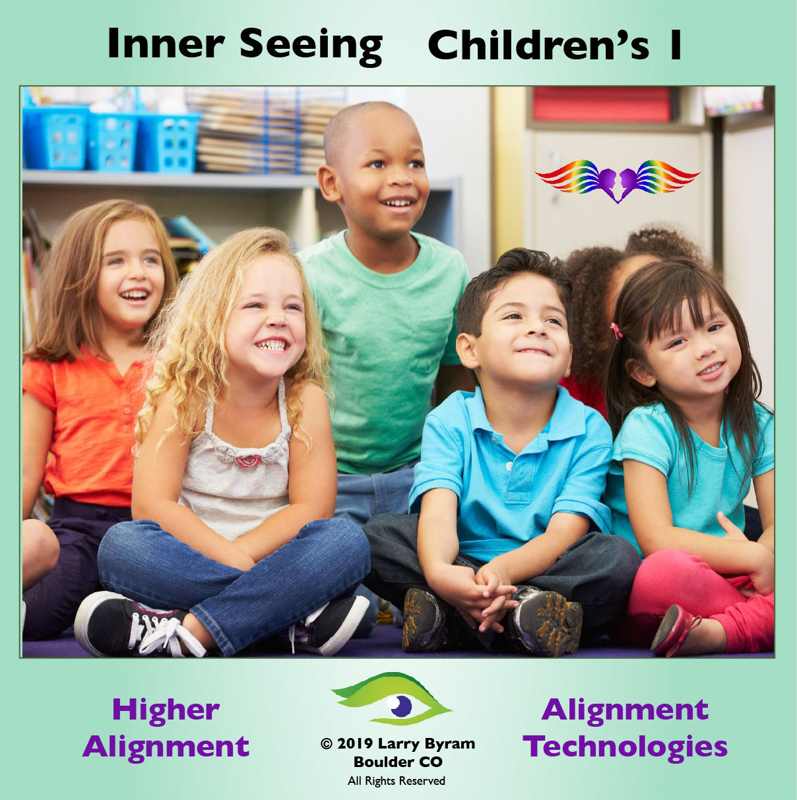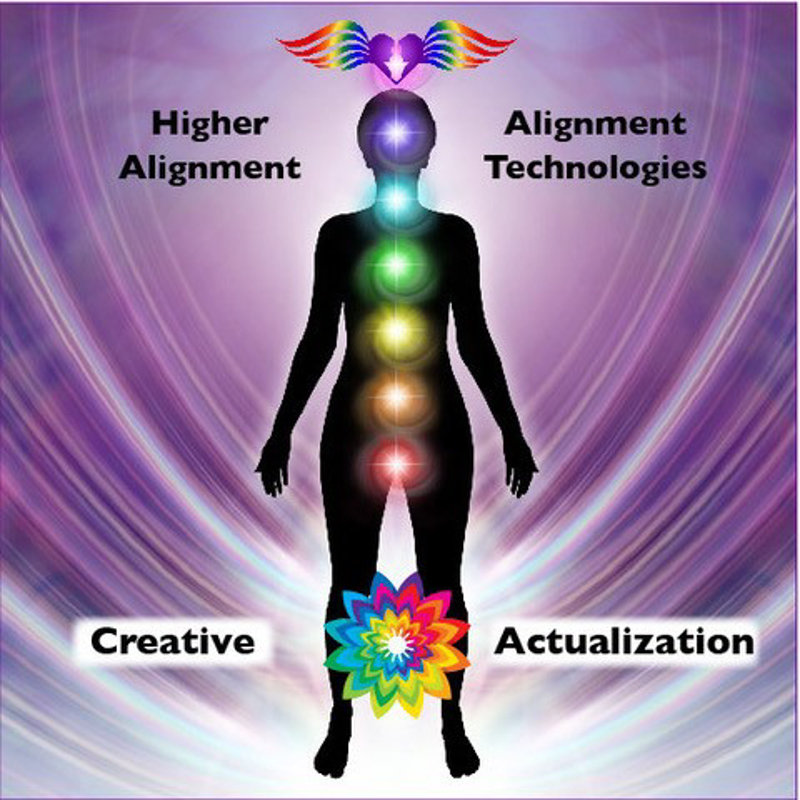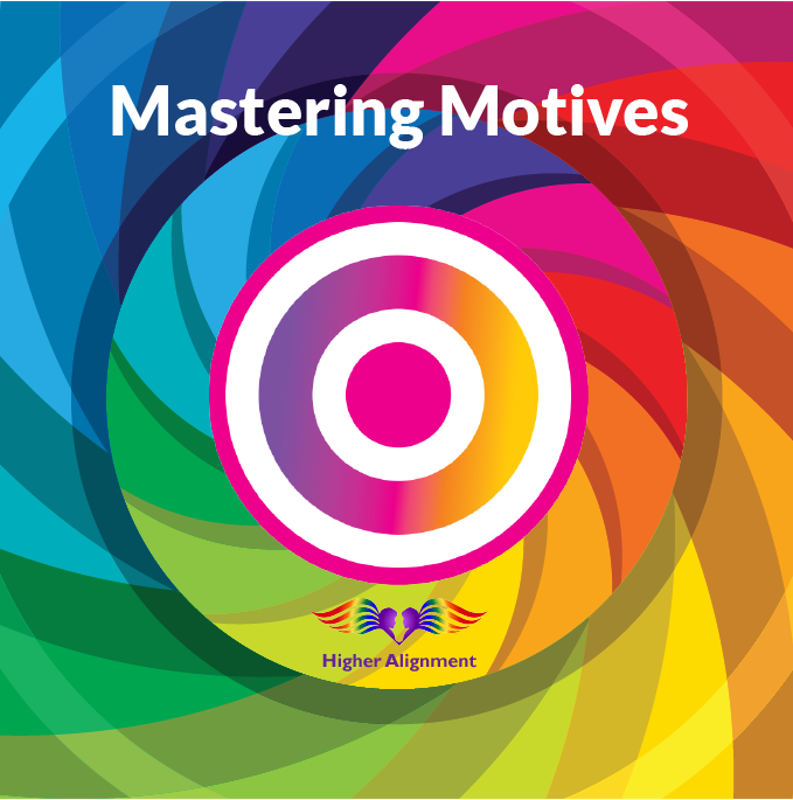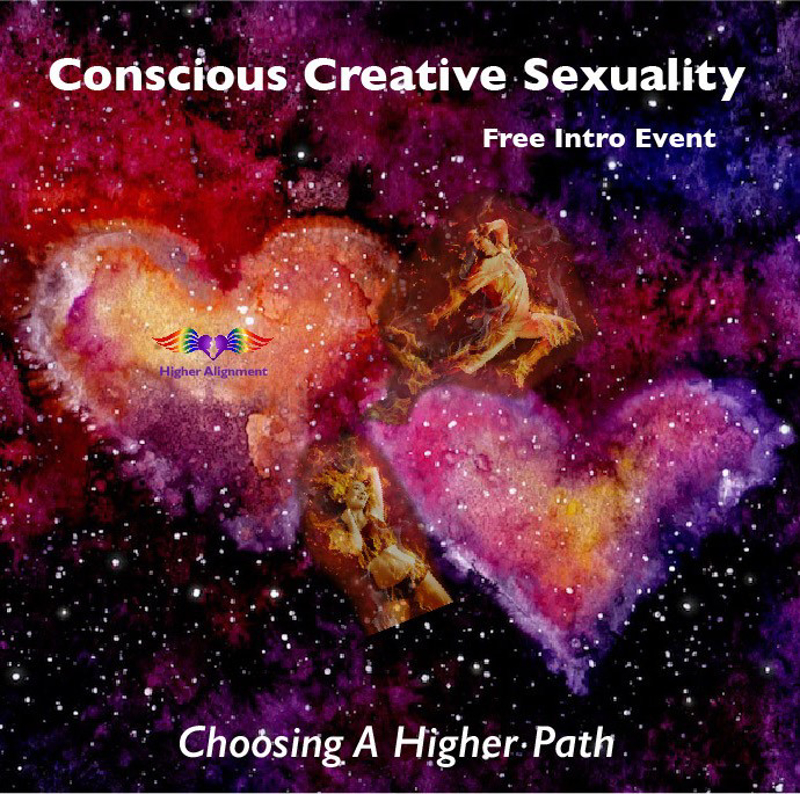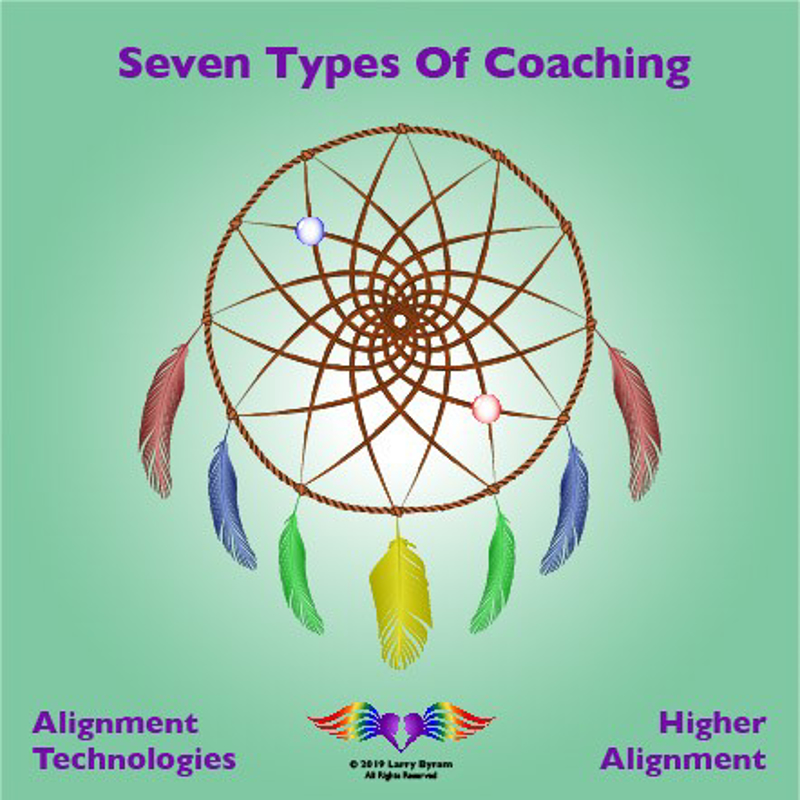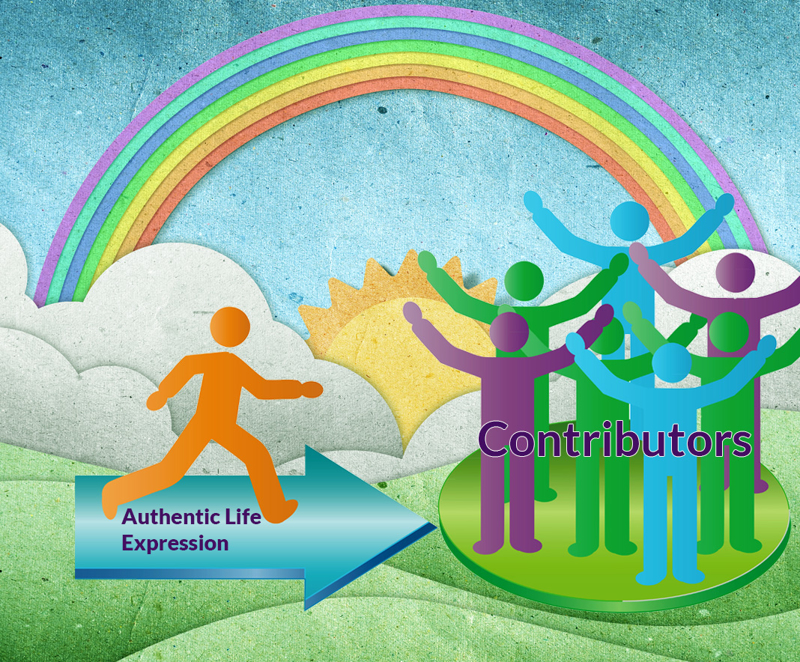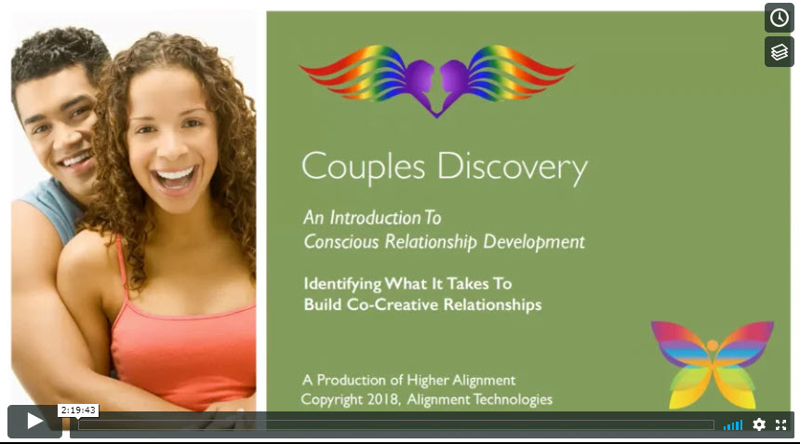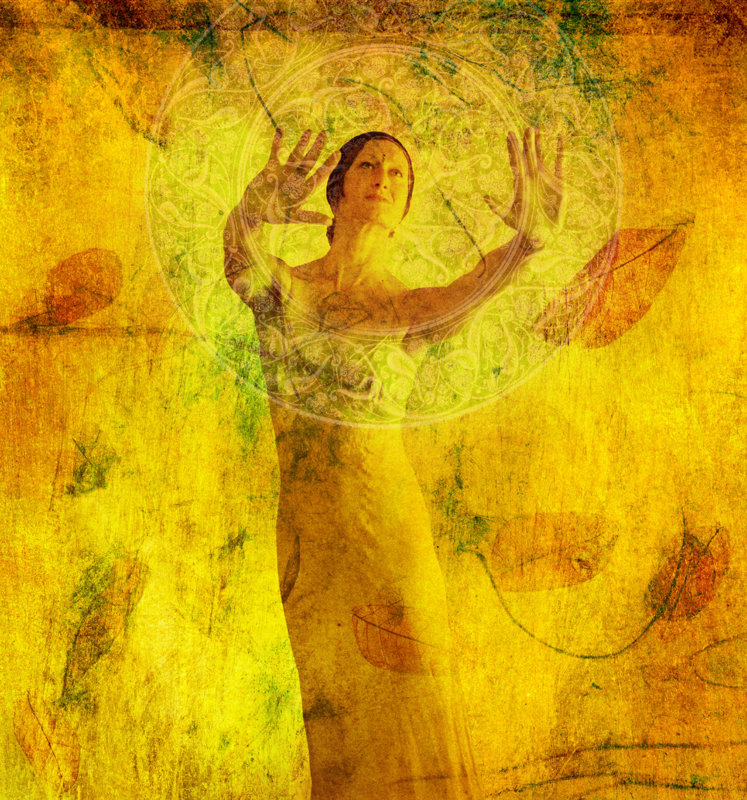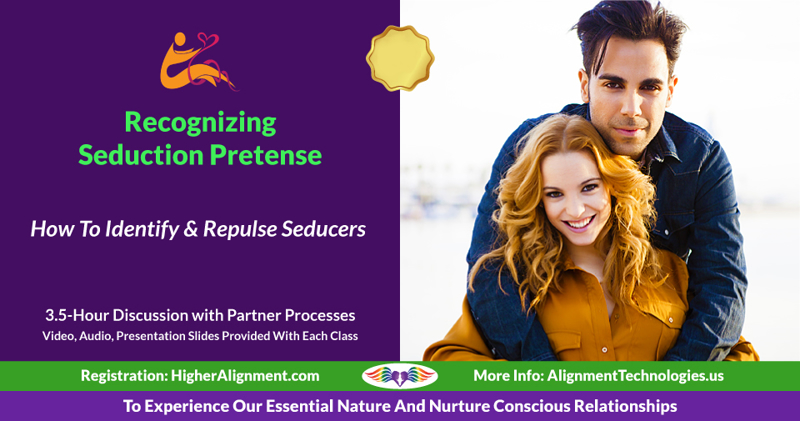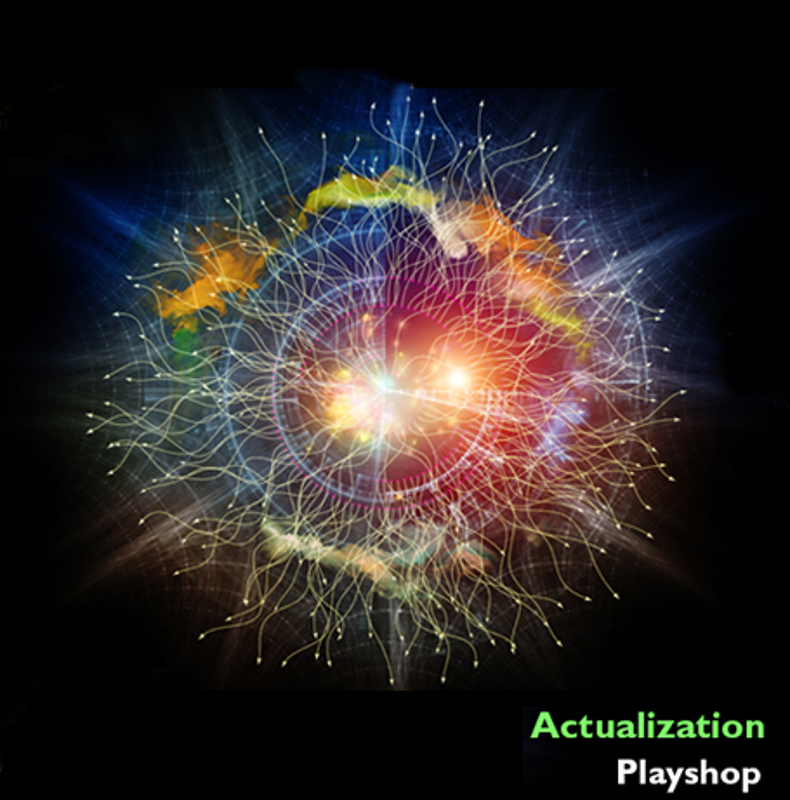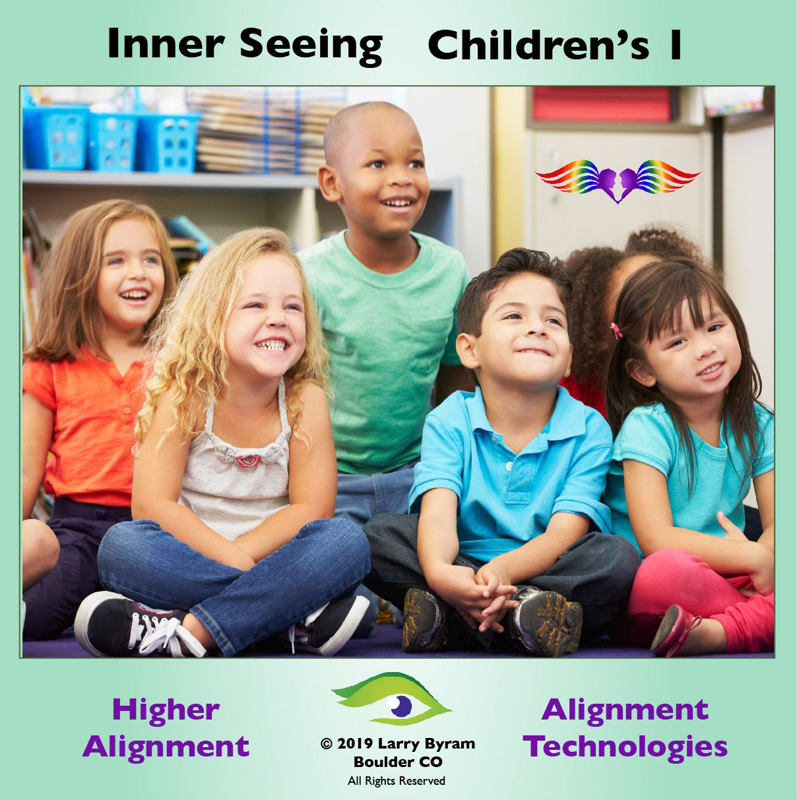- Home
- Growing Relationships Now
- SP Skillful Partnering ~ Enriching Our Relationships
- Register
- Wishlist (0)
-
Shopping cart
(0)
-
You have no items in your shopping cart.
-
- Log in

Higher Alignment
Assisting Creative People to make Healthy Relationship Choices
Featured products
Creating Mutual Intentions (CNG 3) *FREE INTRO * 4/8 @ 6 MDT
Creating Mutual Intentions is the FREE INTRO for CNG 3. Live-on-Zoom on Tuesday, April 8, 2025, from 6-8 pm MDT.
Facilitators: Larry Byram, Sandra Jaquith, Tom Faggiano
Need more information? Contact Sandra Jaquith at sjaquith@earthlink.net
The zoom info to join the Free Intro is sent out shortly before class starts.
The Free Intro will be recorded and sent out within 48 hours of the class.
Inner Autonomy: Ending The Struggle *FREE INTRO to CNG 2* 1/21 @ 6 MST
Inner Autonomy: Ending The Struggle is the FREE INTRO for CNG 2. Live-on-Zoom on Tuesday, January 14, 2025, from 6-8 pm MST.
Facilitators: Larry Byram, Sandra Jaquith, Tom Faggiano
Need more information? Contact Sandra Jaquith at sjaquith@earthlink.net
The zoom info to join the Free Intro is sent out shortly before class starts.
The Free Intro will be recorded and sent out within 48 hours of the class.
Common Neutral Ground (CNG) Essentials *FREE INTRO to CNG 1*
Free Intro Night: Saturday, November 18th, 2023 – 2 to 5 pm MT
Facilitators: Larry Byram, Sandra Jaquith, Tom Faggiano
Need more information? Call Sandra Jaquith (303) 832-3707
The zoom info to join the Free Intro is sent out shortly before class starts.
The Free Intro will be recorded and sent out within 48 hours of the class.
Personality Adaptions or Conscious Attractions FREE INTRO 1/30 @ 6 MST +
Attractions teach us who we are or could be. They help us establish our authentic life lessons. We are the ones who decide which Attractions are important and therefore those we will invest in. Come and invest a little time to learn about your complete options in relationships. Personality Adaptions or Conscious Attractions is a Free Intro Zoom Discussion for Shaping Attractions 2024 on Tuesday, January 30th, 2024 from 6 to 8 pm MST.
Facilitators: Larry Byram, Sandra Jaquith, Tom Faggiano
Prerequisites: None, Recommended Creative Uniqueness
Need more information? Call Sandra Jaquith (303) 832-3707
Common Neutral Ground (CNG) Essentials FREE INTRO via Zoom 11/18 @ 2-5 pm MT
Free Intro Night: Saturday, November 18th, 2023 – 2 to 5 pm MT
Facilitators: Larry Byram, Sandra Jaquith, Tom Faggiano
Need more information? Call Sandra Jaquith (303) 832-3707
The zoom info to join the Free Intro is sent out shortly before class starts.
The Free Intro will be recorded and sent out within 48 hours of the class.
***Motives Define Behavior & Connection* FREE INTRO via Zoom 8/29 @ 6-8 pm MT
Free Intro Night: Motives Define Behavior & Connection
Tuesday, August 29th, 2023 – 6 to 8 pm
Facilitators: Larry Byram, Sandra Jaquith, Tom Faggiano
Prerequisites: None, Recommended Creative Uniqueness
Need more information? Call Sandra Jaquith (303) 832-3707
*Conscious Dating Decision-Making* FREE INTRO via Zoom May 12 @ 6 pm MDT *
Join us for the FREE INTRO to Conscious Co-Creative Partnerships on ZOOM at 6:00 pm MDT on Tuesday, May 10 2022, @ 6:00 pm MDT with Larry Byram, Sandy Jaquith, and Tom Faggiano. No Prerequisites required. You will receive recordings of the free Intro including Video, downloadable pdfs of class slides, and mp3 audio file via email within 48 hours. This thought-provoking conversation is meant to challenge our upper boundary limits to improve our relationships.
Conscious Dating Decision-Making is a 12-week Zoom series on Thursdays at 6:00 p.m. MDT, from May 19 through August 4. Join us on Thursday May 12 at 6:00 p.m. MDT for our FREE INTRO to Conscious Dating Decision-Making, where we will discuss Better Romantic Relationship Choices.
Copy of *Conscious Dating Decision-Making* FREE INTRO via Zoom May 12 @ 6 pm MDT *
Join us for the FREE INTRO to Conscious Co-Creative Partnerships on ZOOM at 6:00 pm MDT on Tuesday, May 10 2022, @ 6:00 pm MDT with Larry Byram, Sandy Jaquith, and Tom Faggiano. No Prerequisites required. You will receive recordings of the free Intro including Video, downloadable pdfs of class slides, and mp3 audio file via email within 48 hours. This thought-provoking conversation is meant to challenge our upper boundary limits to improve our relationships.
Conscious Dating Decision-Making is a 12-week Zoom series on Thursdays at 6:00 p.m. MDT, from May 19 through August 4. Join us on Thursday May 12 at 6:00 p.m. MDT for our FREE INTRO to Conscious Dating Decision-Making, where we will discuss Better Romantic Relationship Choices.
Co-Dependent Healing FREE INTRO Order the Replay Here
FREE INTRO recording of Co-Dependent Healing with Larry Byram, Sandy Jaquith, and Tom Faggiano. No Prerequisites required. You will receive recordings of the free Intro including Video, downloadable pdfs of class slides, and mp3 audio file.
Co-Dependent healing releases us from the bonds of our past so we can embrace a more beautiful, truthful and great future, and Radiant Self Unifying Love, which is unconditional and complete.
Co-Dependent Healing is a 12-week Zoom series on Tuesday at 6:00 p.m. MST, from January 25 through April 12. Join us on Tuesda,y January 18 at 6:00 p.m. MST for our Free Intro to Co-Dependent Healing. We will discuss the framework of co-dependent personality chemistry.
*FREE INTRO ~ Inner Seeing II ~ 2022 * Order the replay here
Order the FREE INTRO of Inner Seeing II. This 12-week series is a sequel to Inner Seeing I, with Larry Byram, Sandy Jaquith, and Tom Faggiano. After you register, a Zoom link will be sent to you.
*Conscious Co-Creative Partnerships* FREE INTRO via Zoom May 10 @ 6 pm MDT *
Join us for the FREE INTRO to Conscious Co-Creative Partnerships on ZOOM at 6:00 pm MDT on Tuesday, May 10 2022, @ 6:00 pm MDT with Larry Byram, Sandy Jaquith, and Tom Faggiano. No Prerequisites required. You will receive recordings of the free Intro including Video, downloadable pdfs of class slides, and mp3 audio file via email within 48 hours. This thought-provoking conversation is meant to challenge our upper boundary limits to improve our relationships.
Conscious Co-Creative Partnerships is a 12-week Zoom series on Tuesdays at 6:00 p.m. MDT, from May 17 through August 2. Join us on Tuesday May 10 at 6:00 p.m. MDT for our FREE INTRO to Conscious Co-Creative Partnerships., where we will discuss the Conscious Relationships Checklist.
CU20 FREE INTRO Creative Uniqueness 2020 Empowering Creative Distinctions
Creative Uniqueness introduces you to the fundamentals of Higher Alignment - essential for newcomers as well as those who have joined us in the past. This FREE INTRO is with Larry Byram, Sandy Jaquith, and Tom Faggiano.
*FREE INTRO Shaping Attractions SA * Attractions Teach Us Who We Are ~
This discussion examines Attractions through our Desires, Life Lessons, and Options. Twelve life attractions provide a structure for understanding what is important. Investments in energy, time and deeper engagement build up layers of attractions that define our learning focus. We use attractions to clarify what we desire. Repulsions reflect what we are unwilling to confront or engage. This is a FREE INTRO to our 12-week series SHAPING ATTRACTIONS 2020 on TUESDAY August 25 at 6:00 pm with Larry Byram, Sandy Jaquith, and Tom Faggiano.
2023 ACG - Accelerated Coaching Group
This class series explores the differences and priorities in each type of coaching format, creative assessments, and the evolution and embodiment of HA processes and paradigms. For those in the Higher Alignment Coach and Facilitator programs or with permission of instructor. With Larry Byram.
2022 ACG - Accelerated Coaching Group
This class series deals with the differences and priorities in each type of coaching format, creative assessments, and the evolution and embodiment of HA processes and paradigms. For those in the Higher Alignment Coach and Facilitator programs or with permission of instructor. With Larry Byram.
SP FREE Intro for Skillful Partnering
Connection 101: Mutual Co-Creative Contributions, Free Intro to the Skillful Partnering 12-week series, offered with Larry Byram, Karen Thorson, and Sandy Jaquith.
2021 ACG - Accelerated Coaching Group
This class series deals with the differences and priorities in each type of coaching format, creative assessments, and the evolution and embodiment of HA processes and paradigms. For those in the Higher Alignment Coach and Facilitator programs or with permission of instructor. With Larry Byram.
2020 ACG - Accelerated Coaching Group
This class series deals with the differences and priorities in each type of coaching format, creative assessments, and the evolution and embodiment of HA processes and paradigms. For those in the Higher Alignment Coach and Facilitator programs or with permission of instructor. With Larry Byram.
ISC Inner Seeing : Children's 1
The purpose of the Inner Seeing for Children course is to develop the capacity to see creative differences in children. It is for social workers, teachers, therapists and interested parents who wish to play a positive role in the upbringing of children.
ED FREE INTRO ~ Enlightened Dating
Free Intro Class to Enlightened Dating 2019 - Bringing Out the Best in Us , is a self-paced class.
CAPP Creative Actualization Pyramid Process ~ Deepening Our Creative Gifts
This course builds upon the pyramid structure of Owning Our Creative Gifts. Creative Actualization is a self-discovery process that reveals who we are and how we best contribute. It is designed for those who are tired of being in creative conflict with themselves and provides a pattern where we can examine and accept our own creative greatness.
OOCG Free Intro for Owning Our Creative Gifts: Creative Spectrum
FREE Intro to Owning Our Creative Gifts: Spectrum of Creativity
CCS Free Intro for Conscious Creative Sexuality
Free Intro For Conscious Creative Sexuality - Choosing a Higher Path
OOCG Owning Our Creative Gifts
Owning Our Creative Gifts (OOCG) is a 21-part series that initiated the exploration of our creative gifts and ways of being that bring us joy (now available as recordings) . The exploration continues with the Creative Actualization Pyramid Process as a way to deepen our understanding of our creative energies as offered in Owning Our Creative Gifts. In order to build your personal Pyramid in the Creative Actualization Process, you need 5 of the OOCG classes - your Mental Body Expression, Secondary Expression, and the 3 levels of your Primary Expression.
ACG Seven Types of Coaching Formats (Classes 1-4) 2019
This class series deals with the differences and priorities in each type of coaching format. For those in the Higher Alignment Coaching program or with permission of instructor.
Authentic Life Expression
This self-paced series consists of thirteen classes including 16 Video sessions, downloadable pdfs and mp3 audio files. No Prerequisites required although we do recommend taking Creative Uniqueness before beginning this class.
HI Healing Idealization
This self paced online webinar, includes 12 video sessions, download links to the pdfs and mp3 audio files.
FCCP Finding Complete, Conscious Partners
When we join a partner in an aligned learning processes we are uplifted and enhanced.
RD Recognizing Defenses: How To See And Value Defensive Patterns
Defenses provide a superficial framework of identity about who we think we are. This series of classes examines the four major Defense Styles—Dynamic, Disarming, Distant and Disnamic—helping us to transcend this protective conditioning.
Recognizing Seduction Pretense
Seduction occurs when an individual lacks both Self Esteem and Self Respect and has to find a way to sow doubt and confusion others in others to be perceived as more powerful. When a Seducer compares themselves to their targets, they seek out certain weaknesses in order to deny their target’s strengths. When they confront a person who is clear about themselves, their influence greatly diminishes.
A 4 part series on Healing Pretenses by Larry Byram and Sandy Jaquith
ISC Free Intro: Inner Seeing for Children
The Free Intro Webinar class for Inner Seeing for Children.
Classes & Products
Customer service
My account
Powered by nopCommerce
Copyright © 2025 Higher Alignment. All rights reserved.
Theme by nopAccelerate

